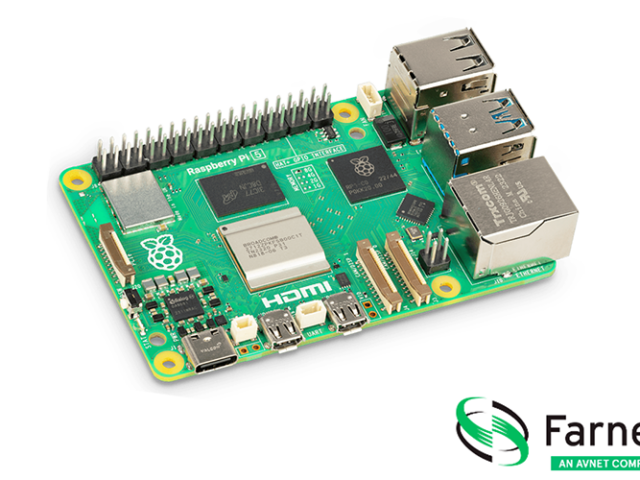Energy consumption and CO2 footprints, if it’s up to IT-Branchen, will be parameters when companies and public sector authorities acquire new IT systems. A number of member companies have therefore asked researchers from Aalborg University (AAU) to identify how software affects the energy consumption of IT systems. The research project has just kicked off with colleagues from Roskilde University (RUC) and the Technical University of Denmark (DTU).
Increasing power consumption
Today, the Internet accounts for about ten percent of the world’s total electricity consumption. And if you believe the British newspaper The Times, it costs just as much energy to watch a movie on Netflix as it does to boil water for 60 cups of tea. If you ask Google, one Google search consumes the same amount of energy as a 60W bulb turned on for 17 seconds.
− The trend is clear. IT burns more and more energy because we use it more and more, and it is becoming more and more sophisticated. Therefore, in the future, we need to be much more aware of the energy consumption that software generates, says Bent Thomsen, Professor in the Department of Computer Science at Aalborg University.
Software itself, of course, does not use energy, but the hardware the software runs on does. Hardware is run by software, so in the end there is a connection between software and energy consumption; thus, according to Bent Thomsen, it makes sense to talk about an energy label for software.
Software language, compiler and data centres
Bent Thomsen also questions the accuracy of calculations such as those of The Times and Google. Today, we are not in a position to calculate the energy consumption of a given IT system accurately. The focus of software developers has been on concepts like functionality and hardware size, and not on energy consumption. And being able to calculate energy consumption is the first step towards being able to make energy-label software at all.
Source: “AAU researchers developing energy-efficient software”, Aalborg University




